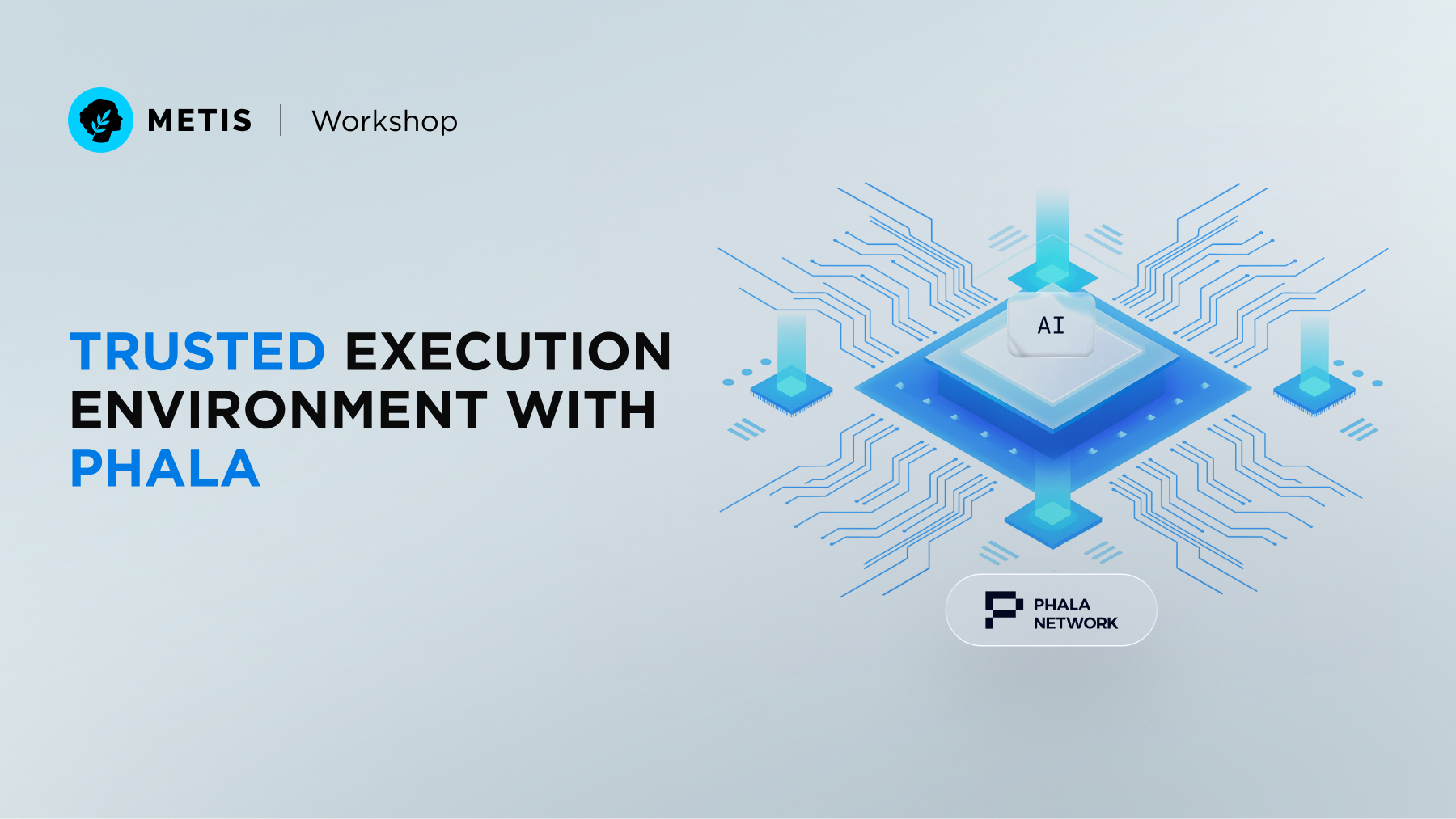





As privacy and security become central to modern application design, Trusted Execution Environments (TEEs) have emerged as a critical solution for secure computation. In this blog, we walk through how to build and deploy a TEE-enabled application using the Alith framework and Phala Network, leveraging Phala Cloud for production-grade deployment.
This guide is based on our recent workshop where we demonstrated the step-by-step deployment of a secure, fastAPI-based TE service.
A TEE is a secure area of a CPU that guarantees the code and data loaded inside to be protected with respect to confidentiality and integrity. Even privileged software such as the operating system or hypervisor cannot tamper with the code or data inside the TEE.
Use cases include:
Alith natively supports TEE operations including:
For quick iteration, developers can start with the Marlin simulator locally. But for real-world, cloud-based, confidential compute needs, Phala Network is the recommended provider.
In our workshop, we chose Phala Network as the default TEE provider. Phala is a Web3-native project that supports trusted hardware, makes deployment straightforward via Phala Cloud, and even offers $400 in free credits upon adding a payment method (which covers most basic usage — with ~$30/month beyond that).
However, Phala is not mandatory. You’re free to choose alternative TEE backends, such as GCP or your own infrastructure, as long as they support the required TEE features and remote attestation.
In fact, we encourage teams to consider:
💡 Important: If your usage exceeds the Phala free tier, you’ll need to cover the extra cost. Be sure to monitor this and evaluate whether your current architecture might be over-engineered for early testing.
That said, it’s important to remember: LazAI is still in the testnet phase, and the current Phala free tier is generally sufficient for most basic usage scenarios. If you’re hitting usage limits early, it’s worth reviewing whether your current architecture is over-engineered for this stage.
The TEE layer is critical to the LazAI network as it ensures data trust and verifiability. Clear communication of cost and flexibility is essential for builders working with this setup.
git clone https://github.com/your-org/tee-workshop-demo.git
cd tee-workshop-demo
python -m venv venv
source venv/bin/activate
pip install -r requirements.txt
Download and unzip the simulator:
wget https://github.com/Leechael/tappd-simulator/releases/download/latest/tappd_simulator.zip
unzip tappd_simulator.zip
./tappd_simulator
Set the environment variable:
export DSTACK_SIMULATOR_ENDPOINT=/tmp/tappd.sock
Run the FastAPI server:
python main.py
Test endpoints locally:
curl http://localhost:8000/health
curl -X POST http://localhost:8000/te_operations
Build and tag the Docker image:
docker build -t your-docker-id/allet-te-demo:1.0.0 .
docker push your-docker-id/allet-te-demo:1.0.0
Create a docker-compose.yml like the one below:
services:
app:
image: your-docker-id/allet-te-demo:1.0.0
container_name: allet-te-demo
ports:
- "8000:8000"
volumes:
- /var/run/tappd.sock:/var/run/tappd.sock
Then go to Phala Cloud Console, paste your Docker Compose config, and click Deploy.
Once deployed, test the live endpoint:
curl https://your-phala-instance.phala.network:8000/health
curl -X POST https://your-phala-instance.phala.network:8000/te_operations
Here’s how the key functions work with Alith and Phala:
from alith.tee.phala import TappdClient
client = TappdClient()
# Key derivation
key_result = client.derive_key("unique-id")
print(key_result.key) # Private key (PEM format)
print(key_result.certificate_chain) # Certificate
# Generate TDX quote
quote_result = client.tdx_quote(report_data="some-data")
print(quote_result.quote)
print(quote_result.event_log)
By using Alith with Phala Cloud, developers can easily:
This workshop showcased how fast it is to build, dockerize, and deploy TEEs using familiar Python tools and modern confidential compute backends.
For more workshops and agent-building tutorials, check out our YouTube channel and stay tuned every Thursday.